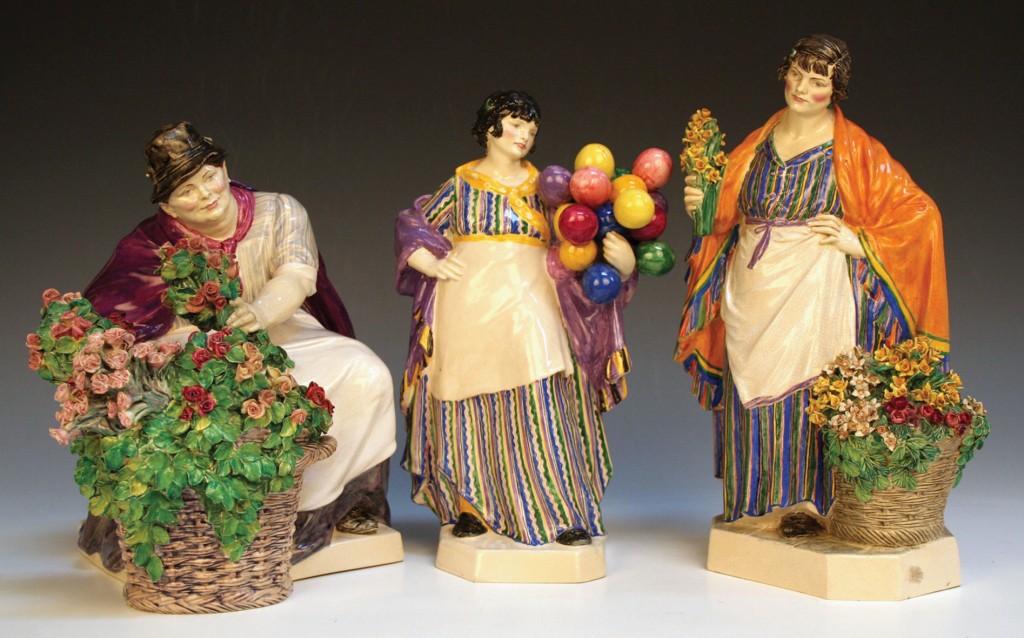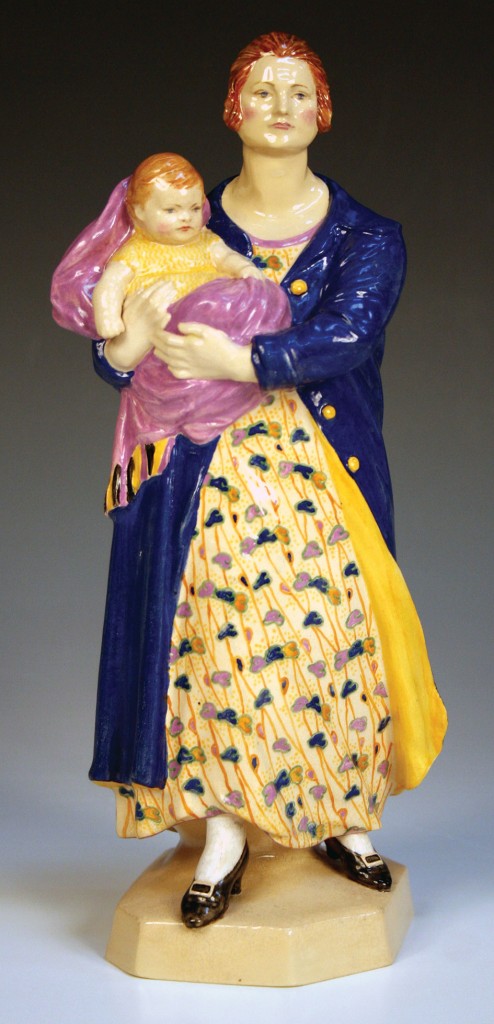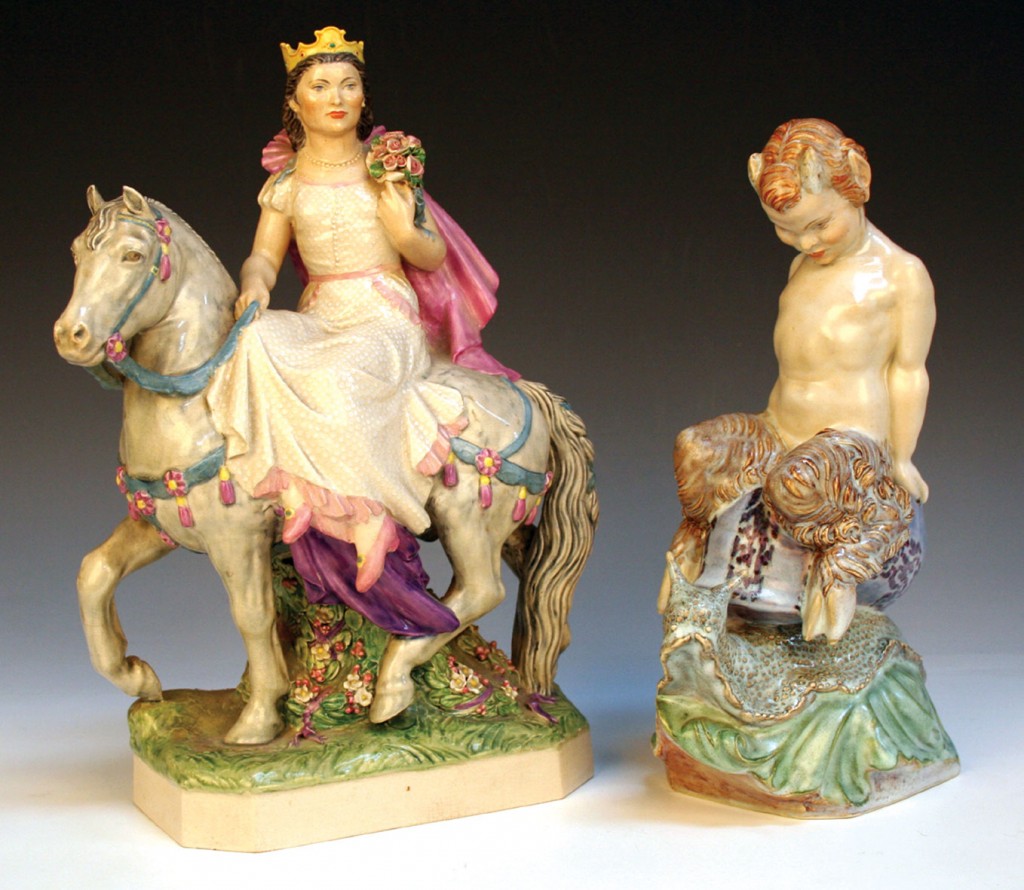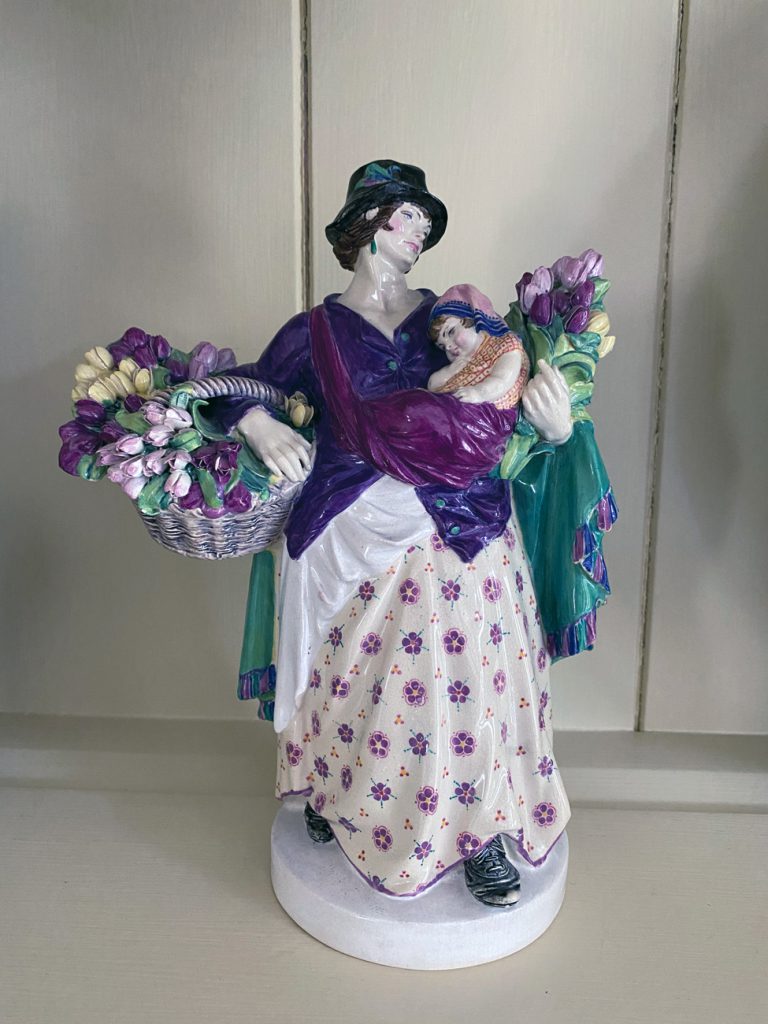
For many across West Sussex Mothering Sunday is traditionally a day for gathering at church and with families, celebrating and giving thanks for mums and their love.
But once again last Sunday was no ordinary Mothering Sunday. With churches closed and Prime Minister Boris Johnson’s plea not to visit our mums to keep them safe there was a real sense of heightened isolation in the face of COVID-19.
Nonetheless we are a resilient and hopeful people and love was shared across generations through Zoom, FaceTime and the like. The Church of England streamed its services – gathering us against the backdrop of the beautiful early spring weather which lifted our spirits despite the chilly wind.
At its best there is a particular strength and grace to a mother’s love for her children. Constant, abundant and selfless, a mother will strive to bless their children with freedom through boundaries. This generous, constant attention to the needs of others and self-discipline provides an important example to all of us in our current times.
There is a need for patience too. I’ll never forget how as children whenever we set out in the car my brothers, sisters and I would cry out in unison with the chorus of all children “Are we nearly there yet!” My Mother would usually reply in a weary and slightly despairing tone “No, not yet!”
The 14th century anchoress Julian of Norwich lived her whole life in Norwich. Close to death she experienced Christ in a series of visions born out of and in response to her prayers. She survived and wrote the earliest surviving book in the English language written by a woman titled Revelations of Divine Love. Julian famously speaks of Jesus Christ as mother when she describes the quality of his love for us.
I love the hope filled portrayals of mothers by the studio potter Charles Vyse. His depictions of street vendors and figures from the streets of London in the 1920s are influenced by his fellow artists from the Camberwell School of Art where he studied in 1912.
Charles Vyse married his wife Nell in 1911. They worked together producing sculptural figures from 1919 until 1940 when their Cheyne Walk studio in Chelsea was bombed out during the Blitz. They were intricately made often involving forty or more individual moulds taken from Vyse’s original clay models. Nell Vyse became adept at painting them. Her colour schemes were carefully chosen and varied so each figure is unique.
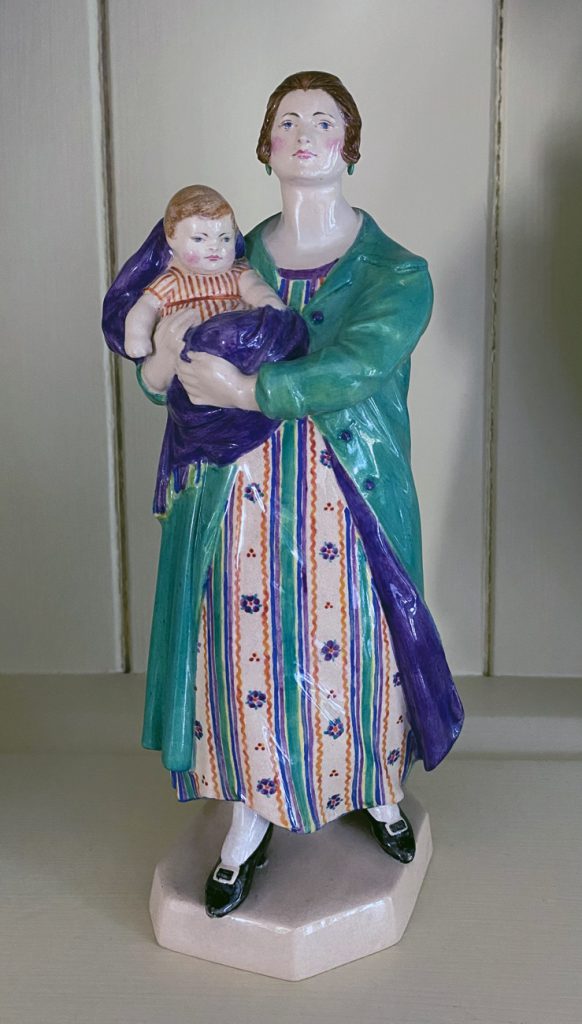
The Madonna of World’s End Passage and the Tulip Woman are particular favourites of mine. Both figures stare into the distance pondering things in their imaginations as they tenderly enfold their children in their arms. Vyse’s depictions of these mothers gifts them with a strength and nobility.
Love, like prayer, reaches across physical boundaries and shared stories of joys and sorrows bind families and communities together. As lockdown eases I hope that each of us, like a loving mother, will tend to one another – those close to us and those we meet along the way. If we do then our nation’s story will once again be strengthened and renewed by our acts of compassion, consideration, love and service to others.
